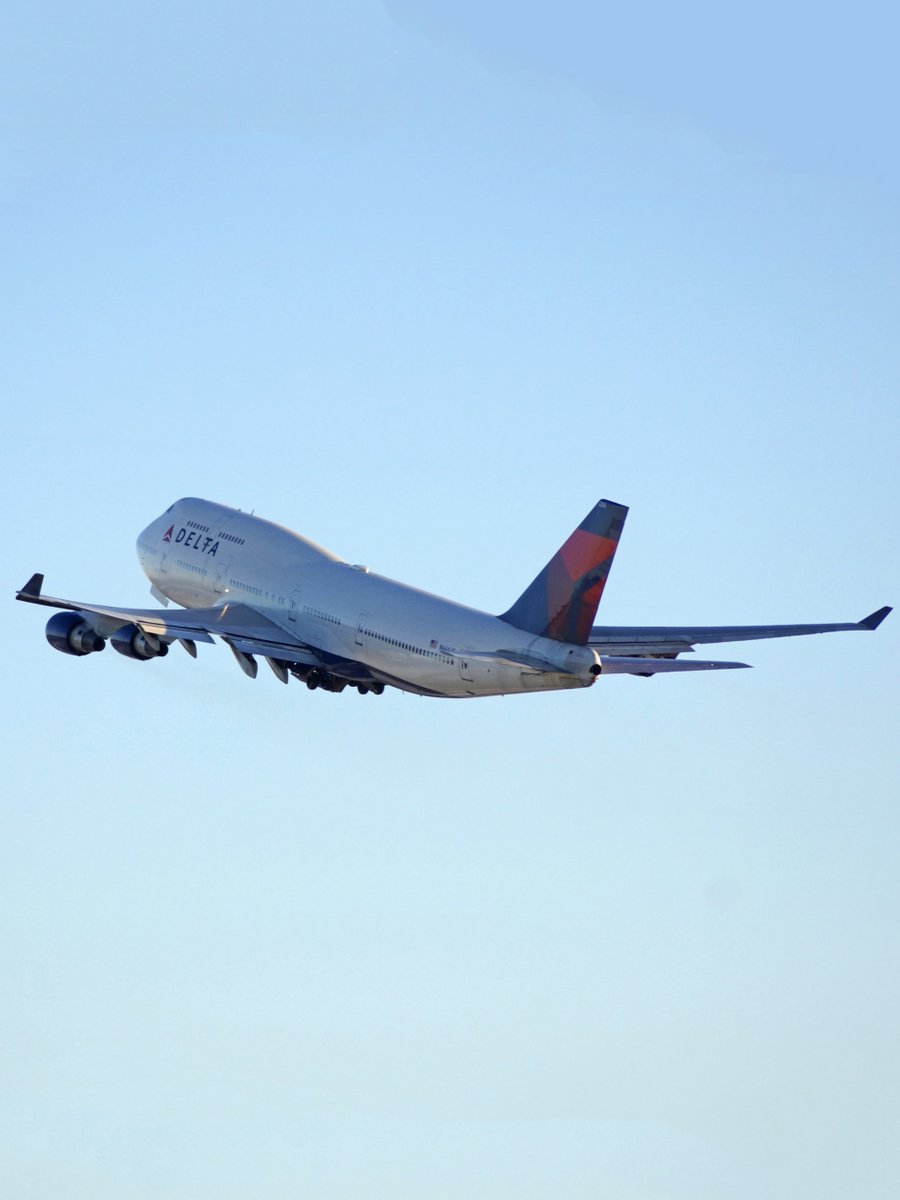In recent years, many airlines, such as American, Delta, Southwest and United, have all claimed to reach zero greenhouse gas emissions by 2050. They have sought to use sustainable aviation fuels, which are produced from plants or waste, as opposed to the current fuels they use from gas or oil. However, this seemingly positive advancement in combating climate change comes with many dangerous risks and factors to take into consideration. While many airlines performatively advocate for climate change, they fail to regard the conventionality and long-term implications of their plans.
Currently, aviation fuels are responsible for about 3% of global warming. This number is projected to increase rapidly in the coming years. Airlines believe sustainable aviation fuels are the solution to minimizing their contributions to climate change. However, realistically speaking, this innovation is far too expensive to become practical and widely utilized across airlines. Sustainable aviation fuels, made from algae, crops or waste, don’t even make up 1% percent of fuel in the market. The composition of these fuels relies on renewable feedstocks that are not produced in sufficient enough quantities to meet the needs of the aviation industry. Not only this, but they cost four times as much as standard aviation fuels. While they may be more sustainable for the environment, they definitely are not for the economy. Therefore, in the foreseeable future, it is unlikely these fuels will be implemented.
It is also important to consider how effective sustainable aviation fuels are before we invest so heavily into them. According to a study conducted by the European Union Aviation Safety Agency, these fuels do not do much to aid the environment. So, the increase in aviation would overpower the minor cutbacks on greenhouse gasses that would come with sustainable aviation fuels. In reality, these seemingly green fuels will still contribute to global warming. While it is true they will provide lower rates of greenhouse gas emissions than other sources of fuel, like oil or gas, they ultimately release similar quantities of greenhouse gasses into the atmosphere when they are burned. Also, it is crucial to understand sustainable aviation fuels are only built to combat carbon emissions. Yet, these fuels have negative impacts that are not related to carbon emissions. For example, they may cause contrails and cirrus trails. These impacts trap heat in the Earth’s atmosphere, which further contributes to the warming effect. Therefore, we must look at these fuels holistically. While they can slightly help reduce carbon emissions in the short term, their long-term effects will undoubtedly be overwhelmed by standard aviation. Also, their effects seem to be not as productive as they were made out to be. It would not be reasonable to assume sustainable aviation fuels are bound to make a significant change in our current climate, given the questionable status of their efficacy.
Lastly, sustainable aviation fuels have horrible effects on the health of our global community. They are linked to a dangerously high cancer risk. Sustainable fuels may be created from discarded plastics. While this seems to be climate-friendly, it actually has negative implications for the world as a whole. Studies have shown these fuels can pollute the air with so many toxins that approximately 25% of individuals who are exposed to them over a lifetime will get cancer. The risk proposed by these harmful fuels is 250,000 times greater than the amount deemed allowable by the Environmental Protection Agency. Because of these dangers, until they are reinvented to be safe for humans, sustainable aviation fuels are counterproductive. While they claim to rid the environment of its ills, they are creating ills elsewhere. The entire point of sustainability is to create a world in which our health and our planet’s health are priorities. By emitting plastics into the air that humans will inevitably inhale, the purpose of the entire mission is defeated.
From where we are currently, sustainable aviation fuels have a long way to go before they can make a positive impact on us globally. Their costliness, uncertain success and health risks make them undesirable. However, I hope that in the future, we can discover a more productive, effective and efficient method of making air travel more sustainable.
Laila Sayegh, FCRH ’27, is a political science major from Congers, N.Y.









































































































































































































